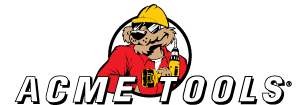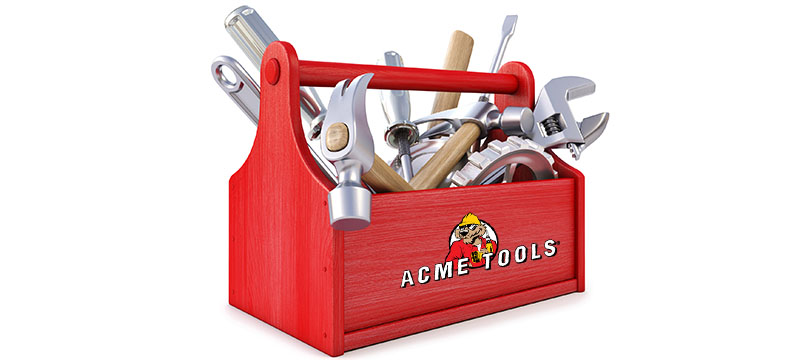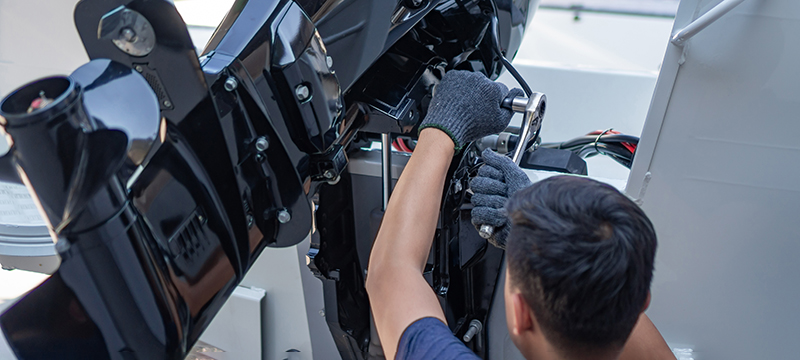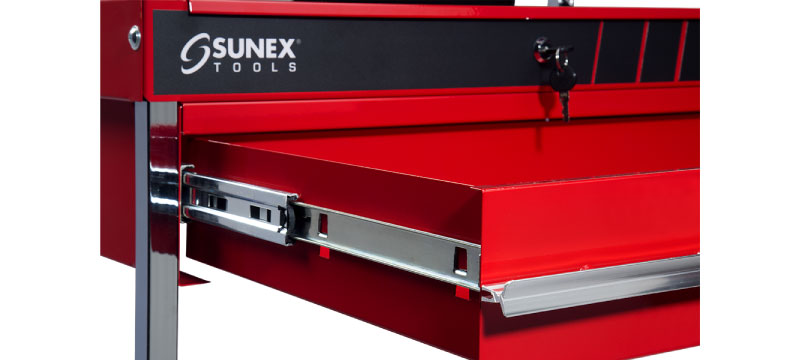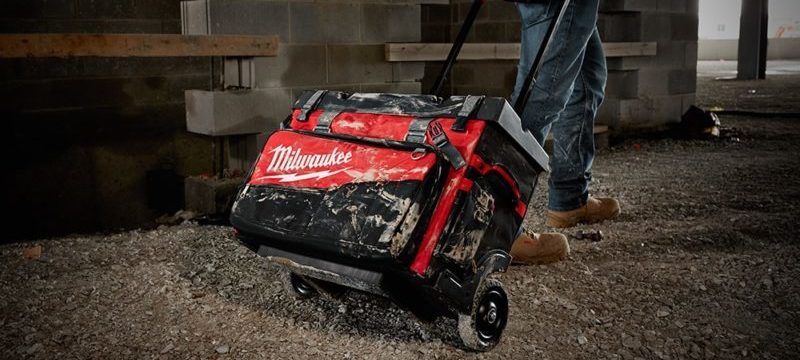A well-equipped tool kit is a wise investment because you’ll have the tools to repair or improve your home or vehicle. If you already fix things around the house or want to handle minor car repairs, having the right tools saves you time, money and hassle in the long run. Let’s discuss home and vehicle tool kit essentials.
Assemble a Complete Tool Kit for Your Home
Effectively perform home repairs and improvements by selecting quality tools from this list.
Screwdrivers: An excellent set of screwdrivers is a must-have for any homeowner. These tools will come in handy for countless tasks, from assembling furniture to tightening loose screws. Include both flathead and Phillips head screwdrivers in various sizes.
Hammer: The hammer is an essential tool for any homeowner. Choosing one with a comfortable grip and a weight that suits your strength makes all the difference.
Tape Measure: Accuracy is crucial when doing home repairs or improvements. Whether hanging curtains, moving furniture or planning a room renovation, a tape measure will be your best friend.
Pliers: Consider having several pliers in your tool kit to tackle a job. Needle-nose pliers help grip and twist small objects, while slip-joint pliers are for general gripping tasks. Consider adding a pair of locking pliers to your collection. They are invaluable for stubborn nuts and bolts.
Adjustable Wrench: An adjustable wrench is a versatile tool for tightening or loosening nuts and bolts of different sizes. It’s a must-have for plumbing repairs or furniture assembly.
Utility Knife: A sharp utility knife is handy for many tasks. From opening packages to stripping wires, this tool will serve you well repeatedly. Always keep extra blades on hand because sharp blades do the job without a hitch.
Level: Use a level to hang pictures or adjust shelves. Everything turns out true and plumb, making your home projects look professional and well-executed.
Cordless Drill: A cordless drill is a game-changer when selecting quality tools for your tool kit. On DIY projects, you can easily drill holes and drive in screws, saving time and effort. Consider the adjustable torque settings and various drill bits for adaptability.
Safety Equipment: Invest in proper safety equipment. Use safety glasses, work gloves and a dust mask to safeguard against using tools and materials that may pose a risk.
Toolbox: Have a durable toolbox to keep all your tools organized and accessible. Invest in one with multiple compartments and a sturdy handle for easy transport.
Tools for Vehicle Maintenance and Repairs
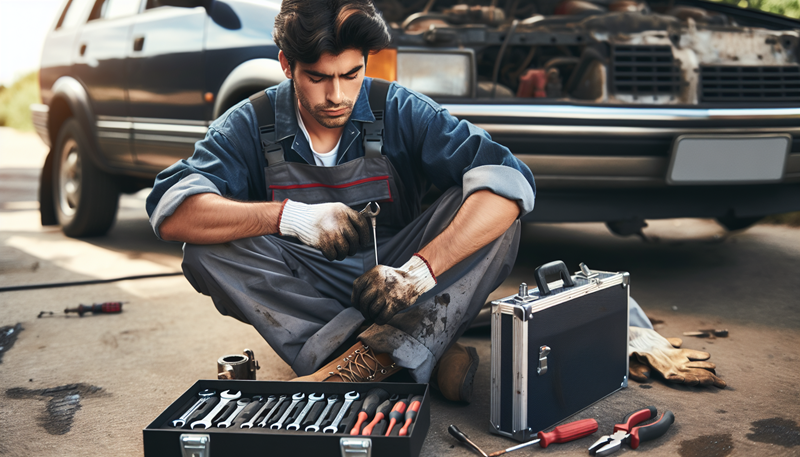
While seeking professional help for complex issues is always advisable, having standard equipment for emergency repairs
A tool kit in your car is a reassurance with safety in mind.
Tire Pressure Gauge: A tire pressure gauge is one of the most essential tools for car owners. Proper tire inflation is crucial for safety and fuel efficiency. You can monitor and maintain the correct pressure with a tire pressure gauge.
Lug Wrench and Jack: Changing a flat tire is a skill every driver should have. A lug wrench and jack offer safety and efficiency in removing and replacing your vehicle’s tires. Choose a lug wrench that fits your vehicle’s lug nuts correctly.
Jumper Cables: Dead batteries happen, and having a set of jumper cables is a lifesaver. It’s crucial to learn how to use them properly and safely. They allow you to jump-start your vehicle using another car’s battery.
Screwdrivers and Wrenches: Keep two basic screwdrivers, flathead and Phillips head, and a set of different sized wrenches. You can tighten loose connectors, remove battery terminals and other minor repairs under the hood.
Pliers and Wire Cutters: Pliers are useful for gripping and bending wires, removing small components or repairing electrical connections. Wire cutters are essential for cutting and stripping wires when installing new electrical parts.
Duct Tape and Zip Ties: They are not traditional tools but incredibly universal in emergencies. Duct tape can temporarily repair leaks, secure loose parts or even hold a bumper in place. Zip ties can ensure broken parts or temporarily fix a loose mirror.
Flashlight: Add a reliable flashlight to your tool kit for nighttime emergencies or working on a vehicle in poorly lit areas. Ensure it has a long battery life.
Safety Equipment: Add safety equipment to your vehicle emergency tool kit checklist. Items such as a reflective warning triangle, gloves and a basic first aid kit make a big difference in case of emergencies.
Ultimately, selecting quality tools for your tool kit is essential based on specific needs and projects you plan to undertake. However, these suggested tools will get you off to a good start as a homeowner and vehicle owner. Happy DIYing!
